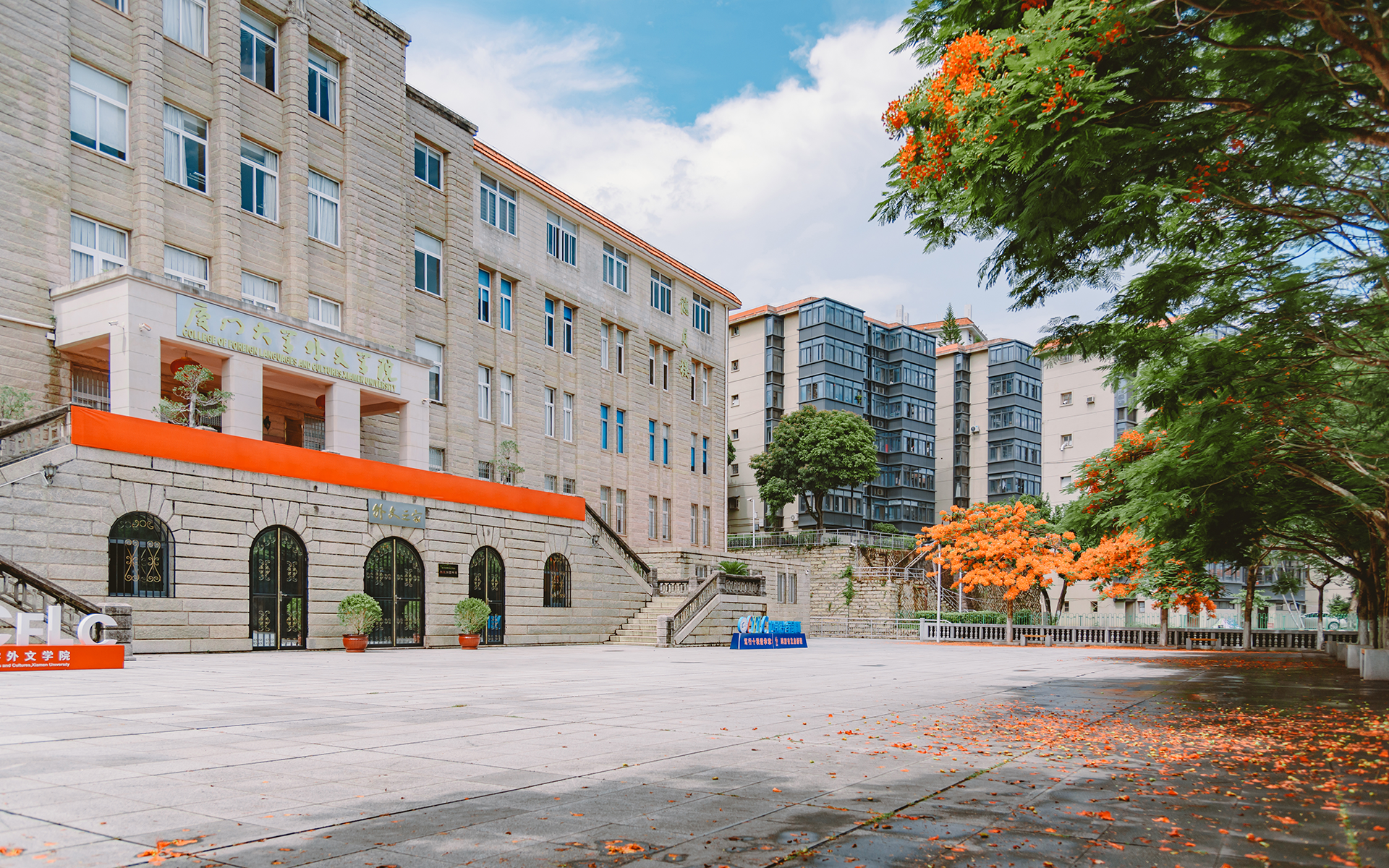学术成果
学术论文(最近5年)
1. Su, W. and Huang, A. (2025). Comparing Language Learners’ Engagement With Teacher and AI's Responses: Differences in Feed-Back, Feed-Up, and Feed-Forward. International Journal of Applied Linguistics (SSCI). https://doi.org/10.1111/ijal.12850.
2. Liu, J., & Su, W.* (2025). Student engagement with oral feedback on second language learning: A methodological review. System (SSCI), 103752. https://doi.org/10.1016/j.system.2025.103752 (Corresponding author)
3. Chen, Q., & Su, W.* (2025). Comparing students’ reception of AI-based video feedback and written feedback: A Q methodological study. Innovations in Education and Teaching International(SSCI). https://doi.org/10.1080/14703297.2025.2530770. (Corresponding author)
4. Liu, J. & Su, Wei* (2024). Profiling Self-Assessment in Undergraduate Interpreting Learning: A Longitudinal Cluster Analysis.Asia-Pacific Education Researcher(SSCI),0119-5646,2024-04-04. DOI: 10.1007/s40299-024-00851-4. (Corresponding author).
5. Li. K.X & Su, Wei* (2024). Exploring student roles in mixed-proficiency triads for dialogic peer feedback learning. Innovations in Education and Teaching International(SSCI),1470-3297,2024-04-27. DOI: 10.1007/s40299-024-00851-4. (Corresponding author).
6. Su, W. (2023). Investigating student interpreters’ emotional component of aptitude: a mixed method approach. The Interpreter and Translator Trainer(SSCI), 17, 119-132. DOI:10.1080/1750399X.2023.2170044
7. Su, W. and Huang, A. (2022). Rather to receive praise than criticism? Understanding students’ perceptions of feedback valences in academic writing. Innovations in Education and Teaching International(SSCI). DOI:10.1080/14703297.2022.2155211
8. Su, W. and Huang, A. (2022). More enjoyable to give or to receive? Exploring students’emotional status in their peer feedback of academic writing. Assessment & Evaluation in Higher Education(SSCI), 47,1005-1015. DOI:10.1080/02602938.2021.2004389
9. Su, W. (2022). Two heads better than one? Exploring the co-teaching of intercultural competence by NES and NNS teachers. Asia Pacific Education Researcher(SSCI), 31, 297-306. DOI:10.1007/S40299-021-00561-1
10. Su, W. (2022). Masked ball for all: how anonymity affects students’ perceived comfort levels in peer feedback. Assessment & Evaluation in Higher Education(SSCI), 48, 502-512. DOI:10.1080/02602938.2022.2089348
11. Su, W. (2022). Comparing motivational features between feedback givers and receivers in English speaking class. International Review of Applied Linguistics in Language Teaching(SSCI), 61,1775-1772. DOI:10.1515/iral-2021-0197
12. Su, W. (2020). Exploring how rubric training influences students’ assessment and awareness of interpreting. Language Awareness(SSCI), 29(2), 178-196. DOI:10.1080/09658416.2020.1743713
13. Su, W. and Shang, X.Q. (2020). NNS and NES Teachers’ Co-teaching of Interpretation Class: A Case Study. Asia Pacific Education Researcher(SSCI), 29(4),353-364. DOI:10.1007/s40299-019-00489-7
14. 苏伟. (2020). 基于口译大赛语料的听后概述在语言评估中的应用.当代外语研究(CSSCI扩), (5),101-109.
专著/教材
本科阶段基于量表的口译评估研究.北京:外语教学与研究出版社,2021.
口译教程.上海:上海外语教育出版社,2014.
口译基础.上海:上海外语教育出版社,2009.




